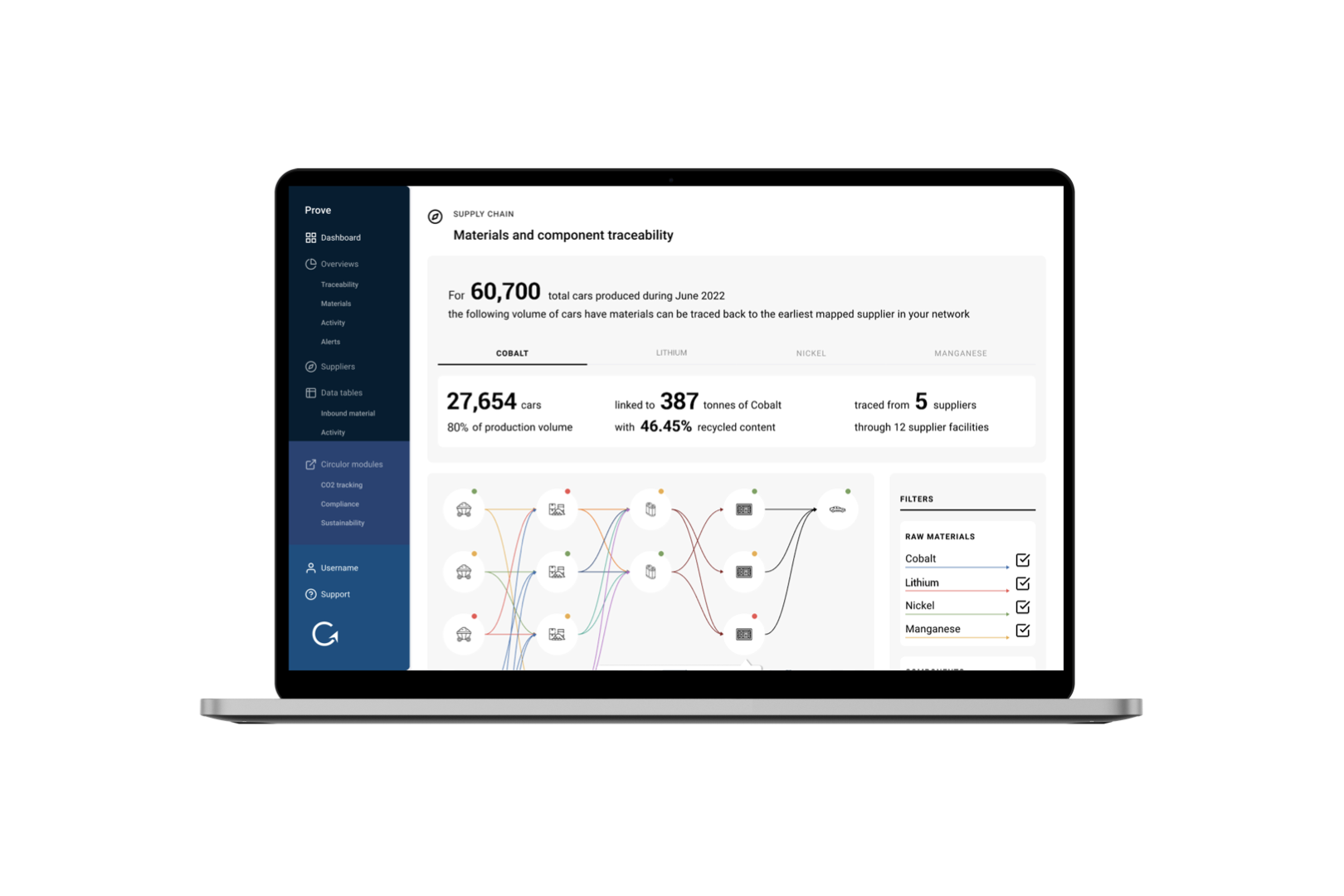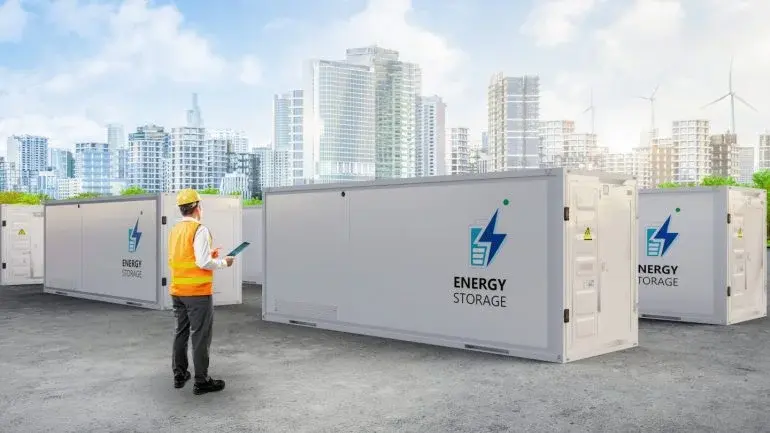
23.03.2023
Commentary
Transparency is key to Europe’s Critical Raw Materials Act and strengthening EU supply chains
London, 16 March 2023 – Circulor, the leading supply chain traceability solution, welcomes the European Commission’s new proposal for a Critical Raw Materials Act (CRMA), which was presented today, together with the Net-Zero Industry Act.
The European Union must accelerate the deployment of clean energy technologies to achieve climate neutrality by 2050 and improve strategic autonomy. The CRMA is key to increasing and diversifying the EU’s raw material supply and mitigating risks, with goals of mining at least 10% of strategic raw materials annually by 2030, as well as processing at least 40%. In addition, 15% of the EU’s annual consumption of strategic raw materials should come from recycling as of 2030, to reduce reliance on raw materials and deliver the energy transition.
Transparency is an important pillar of the EU CRMA, ensuring that mining, processing, and recycling of critical minerals is done sustainably, and supply chains are built for resilience. In terms of transparency, in the CRMA the European Commission calls for:
- sellers of critical minerals in the bloc to provide customers with transparency of the environmental footprint of the products they purchase,
- large companies to audit their existing supply chains and develop strategies to better prepare for supply chain disruptions,
- continuous monitoring of critical raw material supply chains to mitigate supply risks,
- the collection of waste products containing critical raw materials to promote reuse and recycling,
- priority status for permit granting of Strategic Projects based on proving sustainable implementation.
The Critical Raw Materials Act is a welcome global precedent setting important new sourcing and sustainability requirements for critical minerals. Transparency measures such as these enable industry, government, and society to work together in ensuring the energy transition is sustainable, responsible, and resilient. In addition to requiring greater transparency, the CRMA will identify strategic projects to strengthen EU autonomy, speed up permitting processes to 12 months for processing and recycling facilities and 24 months for mines, and unlock access to public and private capital, while strengthening global partnerships that comply with the EU’s ESG standards
Douglas Johnson-Poensgen, CEO of Circulor
More on the EU Critical Raw Materials Act and how it coordinates with other policies, including the EU Battery Regulation and Net-Zero Industry Act, can be found here.
As the most mature, proven, and complete traceability solution available today, Circulor can help companies prove the provenance of raw and recycled critical materials in Europe to meet the proposed 2030 targets and secure supply. In addition, the traceability platform can continuously monitor materials across supply chains to demonstrate the environmental footprint of products, strengthen resilience and drive circularity. This level of granular sustainability data is key to underpinning the selection of Strategic Projects.
Founded in 2017, Circulor has extensive experience tracking materials and products for the automotive, extractive and construction industries, among others. It provides transparency to a number of upstream companies, including SQM, BlackEarth, and RockTech Lithium, so that they, in turn, can pass this data down the chain to their downstream customers to ensure that the midstream participants uphold the sustainability benefits of the raw material. As Circulor's customer base continues to grow, so does its network of supply chain participants, thereby enabling the network effect.






![Acculon RA Circulor - website image.001[44].png](/_next/image?url=https%3A%2F%2Fdecisive-wonder-fa24533282.media.strapiapp.com%2FAcculon_RA_Circulor_website_image_001_44_2720fb315d.png&w=1920&q=75)



